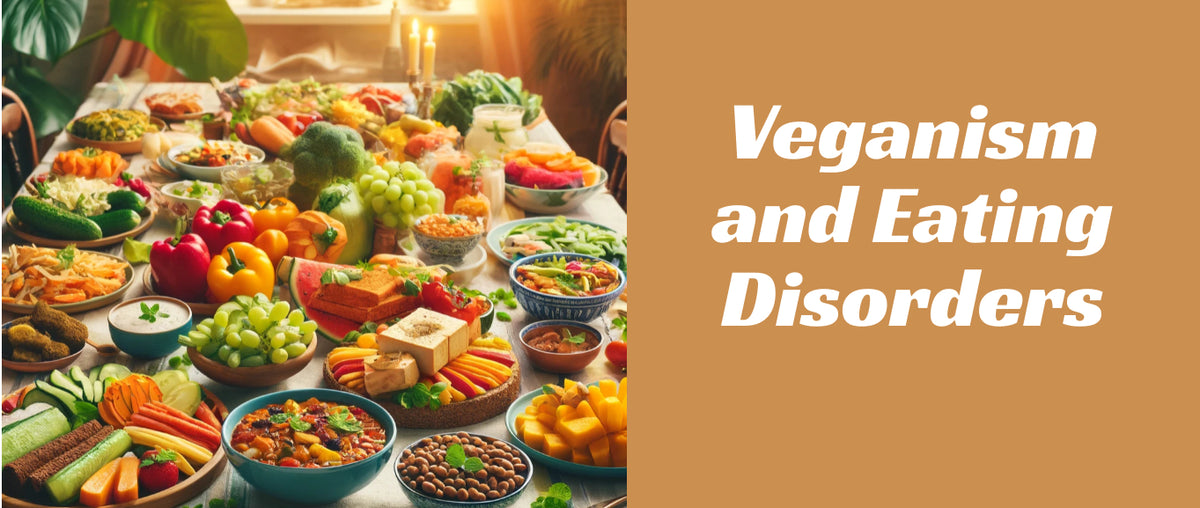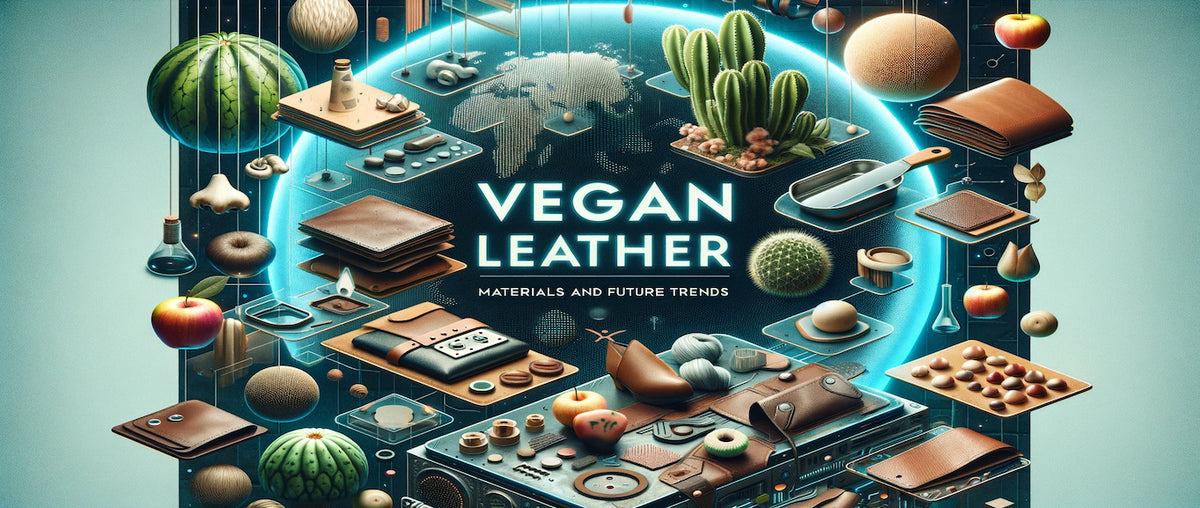Veganism and Eating Disorders: Navigating Recovery
In recent years, the intersection of Veganism and eating disorders has become a topic of increasing interest and concern. As more individuals turn to Veganism for its ethical standards, environmental benefits, and health advantages, questions arise about its impact on those recovering from eating disorders. This article delves deep into the complexities of navigating recovery while adhering to a vegan lifestyle, offering insights, strategies, and support for those walking this delicate balance.
Key Takeaways
- Recovery from eating disorders while following a vegan diet requires careful planning and support to ensure nutritional and emotional well-being.
- Professional guidance and mindful eating practices are crucial in maintaining a balanced diet that aligns with both health and ethical values.
- Emotional well-being, self-care, and a strong support system play vital roles in the recovery journey.
- Navigating recovery challenges demands patience, self-compassion, and flexibility in dietary choices to support both recovery and vegan principles.
Understanding Eating Disorders
Eating disorders, encompassing a range of conditions including anorexia nervosa, bulimia nervosa, and binge eating disorder, affect millions of individuals worldwide. These disorders are characterized by abnormal or disturbed eating habits, which stem from complex interactions between genetic, biological, behavioral, psychological, and social factors.
Veganism: Principles and Health Benefits
Veganism is more than just a diet; it's a lifestyle choice that abstains from the use of animal products, particularly in diet, to promote a more ethical and sustainable world. x have surged in popularity, offering delicious and nutritious alternatives to traditional animal-based foods. Veganism not only champions animal welfare but also supports environmental sustainability and offers various health benefits, including lower risks of heart disease, high blood pressure, type 2 diabetes, and certain cancers.

The Intersection of Veganism and Eating Disorders
The journey of recovery from an eating disorder is highly personal and complex. When veganism intersects with this path, it introduces both challenges and opportunities. On one hand, adopting a vegan diet can provide a sense of control and a framework for healthy eating. On the other hand, it's crucial to ensure that this choice does not become a guise for restrictive eating patterns.
- Exploring the Relationship: It's important to examine the motivations behind choosing a vegan lifestyle during recovery. Is it driven by ethical considerations, health reasons, or as a means to restrict food intake? Honest reflection and dialogue with healthcare professionals can help distinguish between healthful and harmful motivations.
- Nutritional Considerations: Ensuring a balanced intake of nutrients is key in recovery. Plant based foods and products like Unprocessed Cheese, vegan mayo, and Unsalted Butter can be part of a nutritious diet. However, attention must be paid to getting adequate protein, vitamins (such as B12), iron, calcium, and omega-3 fatty acids, which are essential for physical and mental health.
Navigating Recovery While Maintaining Veganism
Recovery from an eating disorder is a multifaceted process that requires a careful and mindful approach, especially when incorporating a vegan diet. Here, we outline strategies to ensure that recovery and veganism go hand in hand, fostering both physical health and mental well-being.
- Comprehensive Nutritional Planning: Work closely with a dietitian who respects your ethical choices and understands the intricacies of eating disorder recovery. This collaboration is crucial for creating a meal plan that covers all nutritional bases, incorporating a variety of vegan food products and plant-based products to meet your dietary needs.
- Mindful Eating Practices: Cultivate a relationship with food that emphasizes mindfulness and gratitude. Mindful eating encourages a focus on the present moment, helping to recognize hunger and fullness cues, and reducing the likelihood of using food as a coping mechanism for uncomfortable emotions.
Support and Resources
Finding support from individuals who understand the dual commitment to veganism and recovery from an eating disorder can be invaluable. Support groups, both in-person and online, can offer a sense of community and understanding. Additionally, resources like books, blogs, and websites dedicated to veganism and recovery can provide helpful information and inspiration.
The Complex Relationship Between Veganism and Restrictive Eating Disorders
This section addresses the delicate balance between adhering to vegan principles and avoiding restrictive eating patterns that can be detrimental to recovery. It's essential to recognize and address any overlaps between veganism used as a mask for restriction and true ethical veganism.
Aligning Veganism with Personal Values
For many, veganism is a reflection of their core values concerning animal rights, environmental sustainability, and health. In the context of recovery, it's important to explore how these values align with personal health goals and to ensure that veganism is a positive influence in one's life.
Also Read
Body Image and Food Choices
Eating disorders often come with distorted body image issues, which can influence food choices. This section explores how a positive body image can lead to healthier food choices, including the incorporation of cholesterol-free foods and fat-free butter, and how veganism can fit into a healthy perception of self.
Coping with Emotions Through Food
Addressing emotional eating is crucial in recovery. This part offers strategies for identifying emotional triggers and finding coping mechanisms that do not involve food, helping individuals to develop a healthier relationship with eating.
Physical Well-being in Recovery
Monitoring physical health, including nutritional status and physical symptoms, is vital during recovery. This involves regular check-ins with healthcare providers and being attentive to the body's needs, ensuring that the vegan diet is supporting rather than hindering physical health.
Emotional Well-being and Recovery
Recovery is not only about physical health but also emotional well-being. Understanding and managing emotions play a crucial role in healing from an eating disorder.
- Self-awareness: Cultivate an understanding of your emotional triggers and learn healthy ways to cope. Recognize the difference between emotional hunger and physical hunger.
- Support Systems: Lean on support groups, therapy, and loved ones who respect your vegan lifestyle and support your recovery. Sharing experiences and strategies can provide comfort and practical advice.
The Role of Self-care
Self-care is paramount in recovery, involving both physical and mental health practices that promote healing.
- Nutrition: Prioritize nutrient-dense vegan products to support your body's recovery needs. Incorporate a variety of plant-based foods to ensure a balanced intake of essential nutrients.
- Mental Health: Engage in activities that promote mental well-being, such as meditation, yoga, or spending time in nature. These practices can help reduce stress and improve your relationship with your body and food.
Addressing Challenges in Recovery
While navigating recovery, challenges are inevitable. It's important to approach these challenges with patience and to seek professional guidance when necessary.
- Dealing with Cravings: Understand that cravings are a normal part of recovery. Learn to differentiate between cravings for vegan items that satisfy nutritional needs and cravings driven by emotional factors.
- Adjusting Your Diet: If you find certain vegan foods triggering, it's okay to adjust your diet. The goal is to find a balance that supports both your recovery and your ethical values.
Conclusion: Moving Forward with Compassion and Understanding
Recovery from an eating disorder while adhering to a vegan lifestyle is a journey of balance, understanding, and self-compassion. By embracing a holistic approach that considers both physical and emotional well-being, individuals can navigate this path with resilience and support. Remember, the goal is not perfection but progress, finding a sustainable way to honor both your health and your values.
Craving a delicious vegan meal? Look no further! We've got a guide to the best vegan restaurants in India, ready to help you discover amazing plant-based eats in your city.










